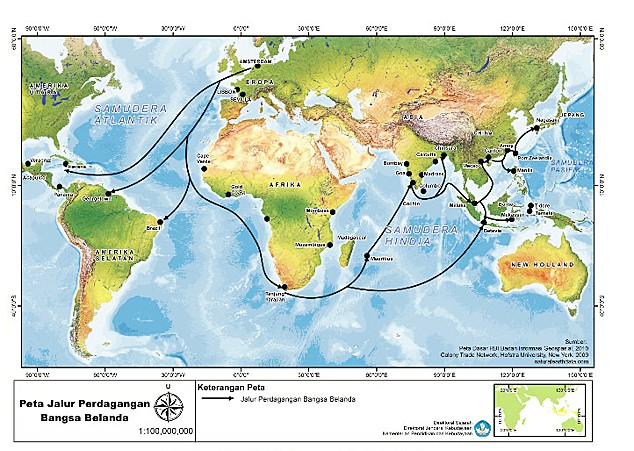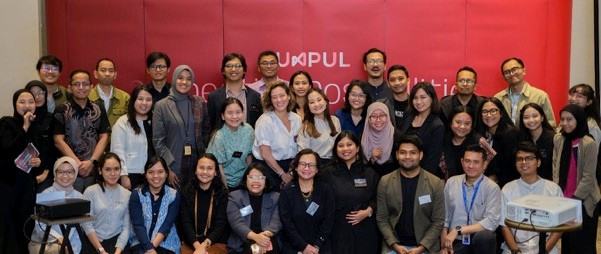SPICE TRAILS: Indonesian spice trade, now and then
Indonesia’s long history as a nation and as a community cannot be separated from the country’s once vital role in the spice trade spanning thousands of years.
Change text size
Gift Premium Articles
to Anyone
 - (-/-)
- (-/-)
Sebastian Partogi
The Jakarta Post/Jakarta
Indonesia’s long history as a nation and as a community cannot be separated from the country’s once vital role in the spice trade spanning thousands of years.
Therefore, Kompas, kompas.com, Kompas TV, The Jakarta Post, National Geographic Indonesia and Lifelike Pictures have launched a project called “Spice Trail,” which highlights this chapter of our history in a series of articles and documentaries.
Spice trail expeditions by Europeans to Asia, which began in the 15th century, were very important not just to the history of Indonesia, but also the world. They marked interaction between countries, sparking cross-cultural exchanges that resulted in the modern economic and sociopolitical world of today.
One of the entry points to studying Indonesia’s role in the spice trail is the Sriwijaya Kingdom in Sumatra, which rose to power in the middle of the 17th century and was able to retain its control of the spice trade for 500 years, before it collapsed.
Today, Indonesia is struggling in the spice trade game. Despite the fact that many regions are top spice producers, Indonesia cannot reap the full benefits of the commodities.
Neighboring country Singapore is the world’s number one spice seller, followed by Vietnam.
Their advantage lies in their ability to sell value-added products, unlike Indonesia, which just sells raw ingredients.
According to National Archaeological Research and Development Center researcher Bambang Budi Utomo, the spice trail history – including its heyday and decline – could be highly instructive in helping Indonesia devise nation-building strategies for a better future.
“When we hear speeches on history or archaeology, we often hear people using it to boast about the long-lost glorious days of our ancestors. Indonesians are often proud of the country’s past, but they have no clue as to how to take the nation into the future,” Bambang told The Jakarta Post in a recent telephone interview.
“Every nation’s history has its highs and lows. Our task now is to identify what happened when our spice trade and ancient kingdoms faced downfall. This question is the key to securing our future. Our future must be better than the days of glory in the past,” he added.










